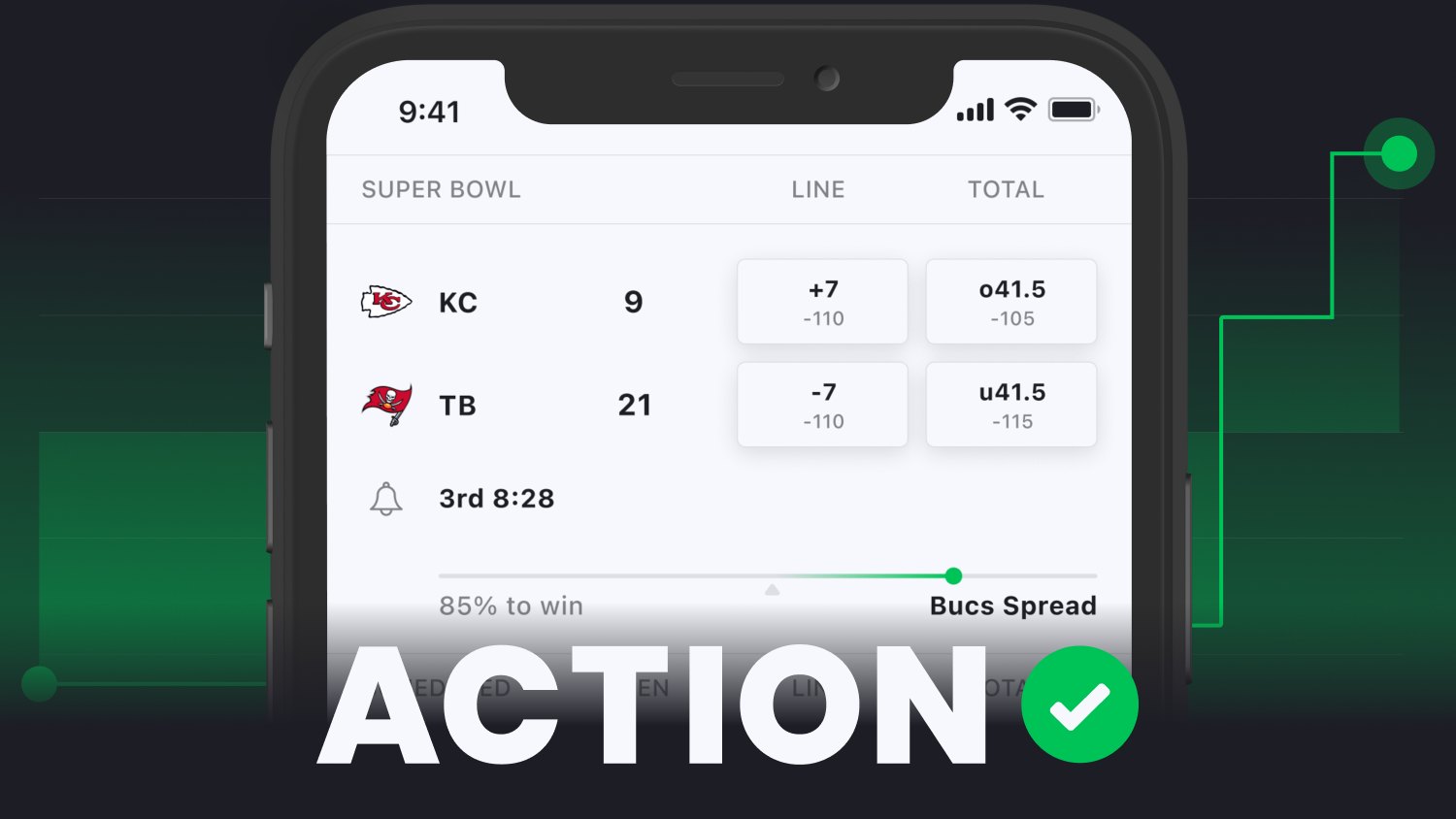As a 10 million card backup hit card grader PSA, which led to a price increase and then a shutdown of submissions, collectors mused that a machine-graded company would come and compete with the industry giant.
Then came Wednesday's twist.
Collectors Universe, parent company of PSA, announced it has purchased Genamint, an artificial intelligence company that built a system to fingerprint a card to its unique marks, detect if it was tampered with and grade it.
Terms weren't disclosed.
Genamint, the pandemic era brainchild of Kevin Lenane, had a fundraising round from investors including Nat Turner, noted card collector and executive chairman of Collectors Universe.
Lenane said Turner, who along with other investors bought Collectors Universe for $853 million in January, gave him a bona fide offer before the company firmly got off the ground.
Turner told The Action Network that PSA would still be graded by humans, but the technology from Genamint will provide a huge assist to the process.
Turner was first turned on to computer assistance when he was building his company Flatiron Health. There, computers helped nurses sort clinical trial data faster and more accurately. Turner sold that company for $1.9 billion in 2018.
When a card comes into PSA, it is scanned. Using Genamint's technology, the computer will put up print marks and surface defects so that every card will be unique.
"Each card has different combinations of 70 major anomalies that we've identified," Lenane said. "From major ones like creases and scratches and stains to single pixels that are compromised."
Based on learnings made from every card, the machine will be able to pick up if a card is trimmed or if a person has cracked out a card that was previously graded in hopes of getting a better grade.
Both aren't common occurrences but mean a lot to uphold PSA's integrity.
In early March, PSA, having trouble keeping up with the card boom, doubled prices, thinking it was going to allow the company to slow submissions down enough. The timing of the announcement seemed to have been leaked, as two days before, a record 660,000 cards were submitted where the old price had to be honored.
By the end of the month, PSA made the hard call of shutting down card submissions — except the high end Super Express option — to enable the company to catch up.
"The team came to me and it was apparent that it was necessary to do what was right," Turner said. "The funny thing is I got so much hate mail with the price increases and pretty much nothing when we shut things down."
Turner said PSA was getting so many card submissions that it essentially shut down the U.S. Postal Service in Southern California.
"We literally broke the postal service," Turner said. "We couldn't tell our customers where their packages were and that's just not acceptable."
Turner said he hopes to get all service levels restored by July 1.
More graders are being added every two weeks and the company is currently working through the backlog by grading 20,000 to 25,000 cards a day, Turner said.
With their latest acquisition, PSA executives are hoping it will greatly aid speed and accuracy.




















































